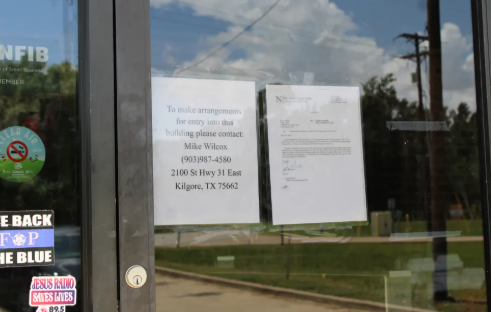Women’s rights are not a PR stunt
Published 4:46 pm Tuesday, August 6, 2019
Saudi Arabia’s latest steps to ease the onerous male guardianship system and give women more control over their own lives can only be applauded and encouraged. The kingdom has published decrees allowing women to apply for passports on an equal basis with men, register the births of their children and gain new protections against employment discrimination. But these steps inevitably also call attention to what is not being done to ease the kingdom’s draconian practices.
The kingdom’s male guardianship system forces women to get permission from men for a wide range of activity, consigning women to second-class status. The new decree lifts one part of that, obtaining a passport, which women will be able to do on their own. The Saudi ambassador to Washington, Princess Reema bint Bandar, said on Twitter that Saudi women will be allowed to travel abroad independently without male guardian permission, which is just as important as obtaining a passport, and would be a welcome step forward. Likewise, the new measures specifically ban all employment discrimination, which could mean that employers cannot continue to demand that women get permission from fathers or husbands to work, and may also protect women against threats of being fired for pregnancy.
Trending
But if these measures can be taken now by the de facto Saudi leader, Crown Prince Mohammed bin Salman, why not completely free women from the shackles of the guardianship system? Why must women get male permission to marry, exit prison or get higher education? What possible justification is there for doling out just a few changes now?
The Saudi kingdom is a dictatorship, and the prince dispenses change at his pleasure. The latest decision must be bittersweet for the imprisoned women, including Loujain al-Hathloul, who were taken from their homes in the middle of the night May 15, 2018, for having the temerity to advocate for more rights for women, including the right to drive. If Saudi Arabia is really serious about helping women reach their “full potential,” as the kingdom claims, then it will release Hathloul and the others, as well as men who are imprisoned in order to silence them, including the dissident blogger Raif Badawi.
The crown prince would dearly like to change the conversation back to his “Vision 2030” reform plan to attract foreign investment. But the recent dark passages in Saudi behavior under his rule will not simply disappear — including the murder and dismemberment of our colleague Jamal Khashoggi by a Saudi hit squad, the continued repression of freedom of expression and dissent, and the misguided war in Yemen.
Human rights are not palace trinkets to be dispensed by the crown prince when he needs better public relations. They are universal values that belong to every person. They are still widely abused in Saudi Arabia, a kingdom that has a long way to go toward respect for human dignity.
— The Washington Post






